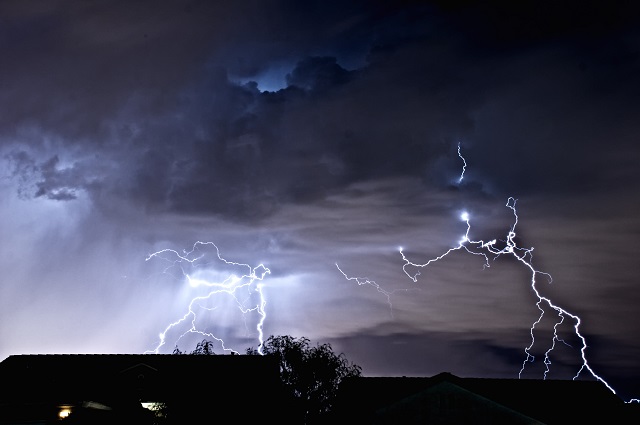News Story
(Below is a backup copy of the original article with as much credit to the publisher as well as the author that we can provide. By no means do we mean to violate any copyright laws. This page is appearing because someone indicated that the original story was unavailable.)
LGBTQ books are being banned from schools. Here's how kids can still read them.
Alia Wong and Christine Fernando, USA TODAY
Sun, June 26, 2022, 5:18 AM·10 min read
Earlier this year, the Brooklyn Public Library decided to give teens anywhere in the United States access to its collection of hundreds of thousands of e-books. Schools in some parts of the country were banning many books about people of color or LGBTQ stories, and the library’s leaders felt it was the least they could do.
The vision for the initiative was “that it would be somewhat small, maybe slightly more intimate but transactional,†said Leigh Hurwitz, a librarian who works with the system’s teen patrons and has helped coordinate its LGBTQ programming. “The response was so much larger and more overwhelming than any of us expected.â€
Thousands of people from all 50 states and Washington, D.C., have reached out to the library asking for the special "Books Unbanned" e-card in the two months since the initiative’s launch. As of late June, more than 4,000 cards have been given out to youth ages 13 through 21. In May alone, young people using these cards checked out nearly 6,300 books.
The Brooklyn Public Library is part of the growing countermovement of community members and nonprofits working to give children access to banned books, many of them featuring LGBTQ themes.
“We’re seeing a lot of wonderful efforts at the ground level,†said Deborah Caldwell-Stone, director of the American Library Association's Office for Intellectual Freedom. “While people may feel powerless, there are ways to help and to still access these books.â€
In 2021, the American Library Association recorded 729 challenges to books, the highest number the organization has seen since it began recording such data in 2000. Those challenges targeted a total of 1,597 titles.
And according to a recent analysis by PEN America, literature about LGBTQ themes or characters account for one in three of the titles restricted by districts this past school year.
Proponents of the book challenges say such restrictions are necessary to protect children from exposure to obscene, explicit material.
"A growing number of parents of Texas students are becoming increasingly alarmed about some of the books and other content found in public school libraries that are extremely inappropriate in the public education system," wrote Gov. Greg Abbott in a letter last November to the state's school board association asking it to review schools' book collections and remove titles deemed unfit. "The most flagrant examples include clearly pornographic images and substance that have no place in the Texas public education system."
But their opponents claim such efforts are part of a coordinated, ideological attempt to erase certain perspectives from classrooms. George M. Johnson, author of "All Boys Aren't Blue," has described the wave as conservatives' "crusade to remove LGBTQ+ education from schools."

